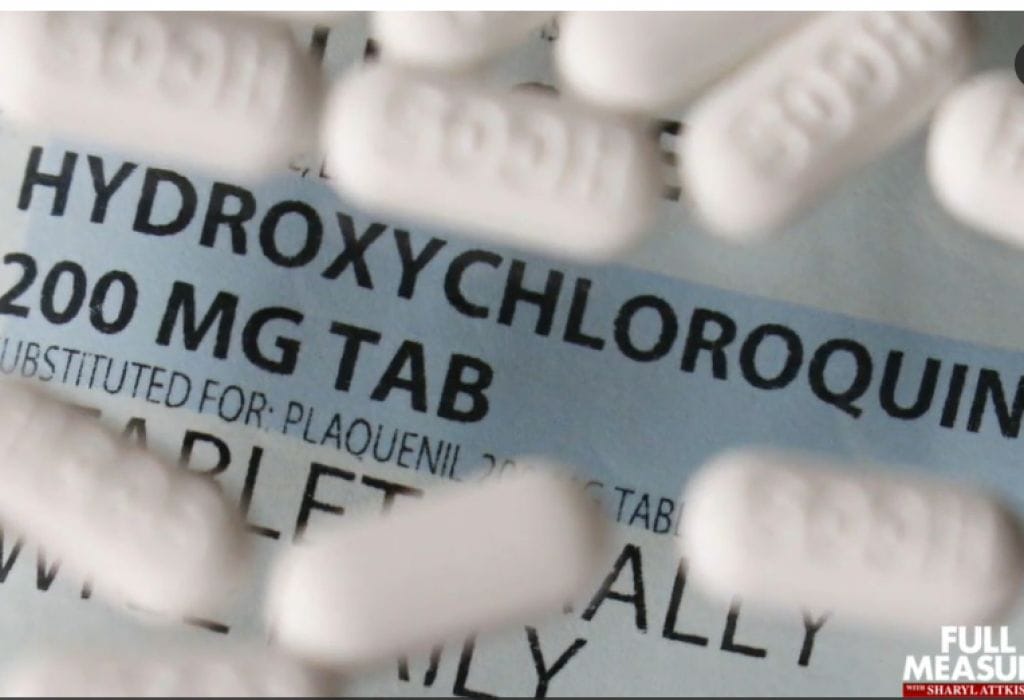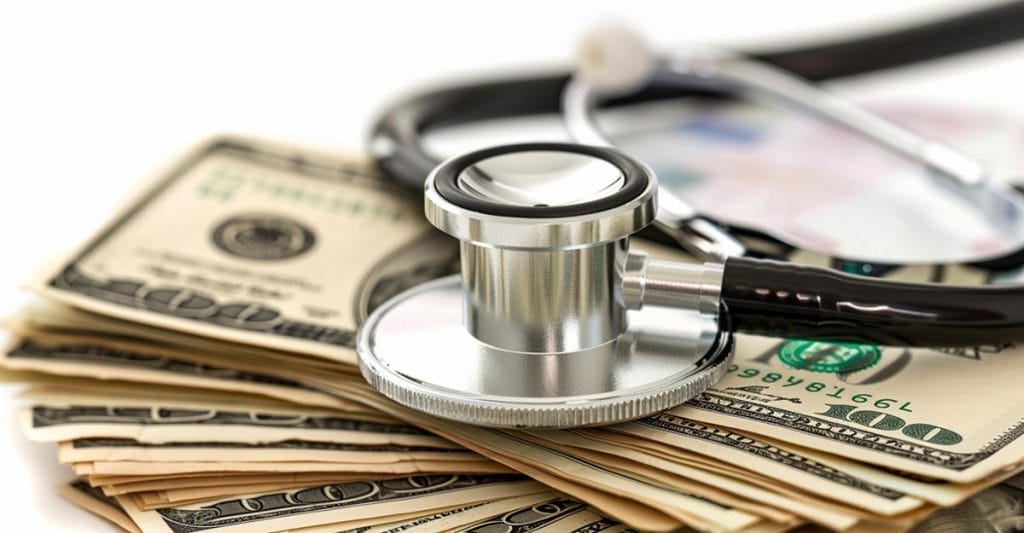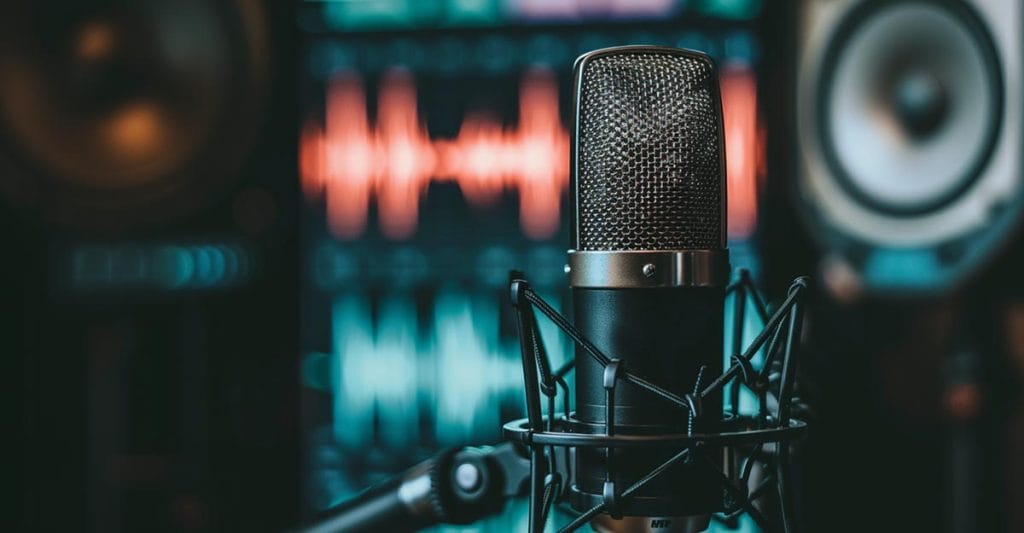
If you’ve watched the news lately, you might be under the impression that a medicine President Trump touted as a possible game changer against coronavirus— has been debunked and discredited. Two divergent views of the drug, hydroxychloroquine, have emerged: the negative one widely reported in the press and another side you’ve probably heard less about. Never has a discussion about choices of medicine been so laced with political overtones. Today, how politics, money and medicine intersect with coronavirus.
President Trump: Now, it may not work, in which case, hey, it didn’t work.
Sharyl: Studies from China and France sparked early hope that a malaria drug— hydroxychloroquine— might work against coronavirus.
President Trump: And it may work, in which case it’s going to save a lot of lives.
Sharyl: But with President Trump’s first endorsement there was a major media-driven effort to portray hydroxychloroquine as dangerous quackery. The campaign was assisted by an online report in mid-April. It said for sick coronavirus patients treated by the Veterans Administration, hydroxychloroquine did not help and was linked to increased deaths.
Reporter questions at Coronavirus Task Force Briefings: Why are you promoting this drug?
President Trump: I’m not.
Reporter: You come out here every day, right, sir? Talking about the benefits of hydroxychloroquine?
President Trump: I want them to try it.
Reporter: If you’re concerned — this VA study showed that actually more people died that used the drug than didn’t.
Sharyl: Meantime, popular support built around a second medicine: remdesivir. Delivered as an IV fluid in the veins, remdesivir was first developed for Ebola, but never FDA approved. Early tests in coronavirus patients proved no survival benefits but said patients did recover four days faster.
Dr. Anthony Fauci: That the data shows that remdesivir has a clear cut significant positive effect in diminishing the time to recovery. This is really quite important.
Tucker Carlson: Donald Trump is for it.
Sharyl: Camps largely divided along political lines. Many right-leaning media figures sided with hydroxychloroquine while the left-leaning press backed remdesivir. Each accusing the other of ignoring real science.
Dr. William O’Neill: I’ve never seen science politicized in 40 years of practice.
Sharyl: Cardiologist Dr. William O’Neill is a medical director at the Henry Ford Health System in Detroit, Michigan where they’re studying both remdesivir and hydroxychloroquine.
Some people in the media are treating hydroxychloroquine as if it’s something that’s being pitched by charlatans, it’s dangerous, and that’s been debunked and discredited. What do you make of that?
Dr. O’Neill: I think that’s very harmful. President Trump touted it early and so then the media set out to disprove and discredit it without any regard for science. I think those of us that are actually involved in the scientific endeavor feel that there is some value to it and it has to be tested.
Sharyl: Dr. O’Neill says he’s prescribed hydroxychloroquine to help numerous coronavirus patients and saw improvement in all of them. He’s less impressed, so far, by remdesivir.
Dr. O’Neill: There’s a lot of hype for the drug. I saw the original new England Journal article study and I saw the Lancet study and to me it’s just like a big Ho Hum. I just don’t see a big benefit to it.
Sharyl: Adding to the drama and confusion, a draft version of a study was accidentally published last month showing remdesivir did not help most coronavirus patients and caused such serious side effects, 18 test subjects were taken off the drug. Gilead, the maker of remdesivir, did not respond to our interview requests but has said it ended the study because it couldn’t find enough volunteers to take part.
On May 1, the FDA seemed to give remdesivir the edge, allowing emergency use for severely ill coronavirus patients at the same time, stepping up cautions against hydroxychloroquine and its sister drug saying they should only be taken in the hospital or as part of a formal study due to reports of “serious heart rhythm problems.”
Dr. O’Neill is now leading a study to find out if hydroxychloroquine can serve a critical role as a medicine to prevent coronavirus. But he says the bad press is making it difficult.
Dr. O’Neill: Now people are scared to use the drug without any scientifically valid concern. We’ve talked with our colleagues at the University of Minnesota who are doing a similar study, and at the University of Washington. We’ve treated 400 patients and haven’t seen a single adverse event. And what’s happening is because of this fake news and fake science, the true scientific efforts are being harmed because people now are so worried that they don’t want to enroll in the trials.

Visit The Sharyl Attkisson Store today
Unique gifts for independent thinkers
Proceeds benefit independent journalism
Dr. Steven Hatfill: Why are the press running medicine in the United States? This is not right.
Sharyl: Dr. Steven Hatfill is a biomedical scientist who worked on Ebola and studies pandemic responses and medicine. He says there’s an unwarranted campaign against hydroxychloroquine.
Sharyl: You think lives were lost because it wasn’t used?
Dr. Hatfill: Yes, lives were lost.
He took hydroxychloroquine years ago for malaria and recently, again, to test to prevent coronavirus.
Sharyl: A preventive would mean, if it were to work, that the fear that this comes back before there’s a working vaccine, the fear that we have another shutdown …
Dr. Hatfill: a return to work … early detection, return to work. Would I give it as a prophylaxis to everybody? No. But for fit, healthy, critical workers going back to work or high risk populations; chronic obstructive pulmonary disease, ex-smokers, diabetics, obesity …
Sharyl: Might work for them?
Dr. Hatfill: It might work for them.
Sharyl: A third scientist we spoke to, who says hydroxychloroquine has been unfairly disparaged, is Dr. Jane Orient, head of the Association of American Physicians and Surgeons.
How do you account for the difference in medical and scientific opinion about this drug? Because some people seem so certain that it can be a positive benefit to coronavirus patients, maybe even crucial in the early days, whereas some people are convinced it should absolutely not be used.
Dr. Orient: That’s a very good question. But the ones who have the most experience are very enthusiastic about the possibilities. And we do have naysayers that we suspect may have a little conflict of interest because they are so enthusiastic about remdesivir, which is a new drug that hasn’t been approved for anything. And that so far is showing a really very equivocal or even negative results.
Sharyl: All three scientists criticized that VA report casting doubt on hydroxychloroquine as little more than a list of cases with crucial details missing. It turns out one author of the report received research funding from Gilead, the maker of remdesivir, including a 247-thousand dollar grant in 2018.
Orient: I think we have to look at the money. There’s no big profits made in hydroxychloroquine. It’s very cheap, easy to manufacture, been around for 70 years. It’s generic. Remdesivir is a new drug that could be very expensive and very lucrative if it’s ever approved. So I think we really do have to consider there’s some financial interest involved here.
Dr. Hatfill: Some of these decisions did not seem to be rational.
And when things, in my opinion that are so clear, the right path to take aren’t taken, very often: Money is somehow involved.
Sharyl: When it comes to money, we checked financial ties among experts on the government panel devising coronavirus treatment guidelines— which had the effect of dialing back hydroxychloroquine use and giving an edge to remdesivir.
We found that of 11 members reporting links to a drug company, nine of them named relationships to remdesivir’s maker Gilead. Seven more, including two of the committee’s leaders, have ties to Gilead beyond the 11 months they had to disclose. Two were on Gilead’s advisory board. Others were paid consultants or received research support and honoraria. Nobody reported ties to hydroxychloroquine which is now made by numerous generic manufacturers and is so cheap, analysts say even a spike in sales would not be a financial driver for the companies.
In the end, politics and money aside, at least some scientists aren’t ready to count hydroxychloroquine out of the coronavirus equation. Even if others already have.
Sharyl: Is it possible that it’s not one or the other— that hydroxychloroquine could be used in a certain setting, maybe for preventive if you find out that works, and the other drug could be used in other settings?
Dr. O’Neill: No, Absolutely. I think, I think that it’s just still very early in this disease process that we’re going to learn lot. There’s 600 studies that are being done in the United States right now on Covid to see all sorts of different kinds of infections and combinations. We’re going to be a lot smarter at the end of the summer. So I think what I would just say to everybody, just hold your powder.
We wanted to hear perspectives from from Dr. Fauci and Gilead, the maker of remdesivir, but they declined our interview requests. We also contacted numerous scientists who have criticized or are skeptical of hydroxycholoroquine, but they also did not want to be interviewed for this report.
https://fullmeasure.news/news/cover-story/hydroxychloroquine
Order “Slanted: How the News Media Taught Us to Love Censorship and Hate Journalism” by Sharyl Attkisson today at Harper Collins, Amazon, Barnes & Noble, Books a Million, IndieBound, Bookshop!




44 year old cousin from Chicago was admitted to emergency room with pneumonia, blood clots in lungs & swelling I his chest. They gave him Hydrochloroquine and he was released from the hospital 3 days later. No side effects. This drug is effective and works. There is something sinister with the people shutting it down.
Dr Zev Zelenko was one of the first to use HCQ. He also used Zithromycin and ZINC. The last ingredient seems to be a critical component that actually does the work of stopping the virus from replicating and, therefore, spreading. The studies without the Zinc will work sporadically depending on whether the patient has a diet rich in zinc.
It seems even very talented medical professionals are missing this subtlety.
Patrick Howlett ~~
Great point. It’s so very frustrating to see study after study on HCQ and no mention of zinc.
President Trump mentioned it in his original proclamation to the media but only once. I wish he would mention it again and say how zinc is a very important component exactly in the manner you mentioned.
Look up Professor Dolores Cahill. Her videos have been blocked on you tube but you can find them on a new website that has popped up and is posting many, many of the blocked videos from you tub.
Go to altcensored.com
If anyone can get to the truth, it’s you. I will contribute what I can when I can. Keep it up.
Sharyl, Thank you once again for an excellent show.
The hydroxychloroquine controversy and confusion is simple. Dr. Vladimir Zelenko explained it: Zinc is what kills the virus, but it has difficulty getting into our cells to do so. The hydroxychloroquine facilitates the zinc entering the cells. Zelenko stressed 200mg hydroxychloroquine + 200mg zinc sulfate, both twice daily. He also added azithromycin to prevent any opportunistic bacterial pneumonia.
Some researchers are not testing the hydroxychloroquine/zinc sulfate cocktail, but hydroxychloroquine ALONE, so they see no benefits. Enter Remdesivir that generates 1000x profits for Big Pharma and their investors, so it becomes the “preferred” drug, despite its inferior results, 70% vs ~98%.
Money…it’s important to consider. Statins are an enormous profit generator. I believe the data is that the number of heart attacks have not fallen. The post treatment has greatly improved with stents so the attributable reduction in deaths report the success of statins.
If you or anyone you know have a tough time with Covid 19, insist on Hydroxychloroquine and the zinc sulfate treatment.
POTUS is also a citizen with rights. He can pick his doctor, pick his news, and pick his medicine… or none of the above.
God bless his independence… and mine.
Jack Tidwell, M.D.
I can’t understand how doctors who are treating covd-19 patients won’t try the HCQ protocol. It just seems unethical.
And for doctors, scientists, and journalists who are scaring the common sense out of the American people so they won’t try it and possibly save their lives, I am stunned by their disregard for human life.
I believe the main reason is the Gilead product is VERY expensive and the hydroxychloroquine is not–So money is the route of this evil!